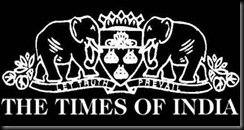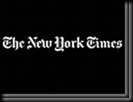2011 YEAR OF THE RABBIT
Lee Hyo-won
The Korea Times, December 31, 2010
Furry, long-eared and nimbly athletic, rabbits have long been a favorite pet and subject of cartoons. In Korea, these cute creatures have been characterized as being rather frail yet clever, as well as a symbol of abundance for giving birth to dozens of offspring at a time. Hence, the Year of the Rabbit 2011 is expected to be fruitful one.
Rabbit tells time and space
“Oh my ears and whiskers, how late it’s getting!” exclaims the pocket watch-bearing White Rabbit as he runs toward a rabbit hole in the Lewis Carroll tale of “Alice in Wonderland.” In Korea, the rabbit holds special meanings in terms of time and space.
It comes fourth among 12 zodiac animals and represents the month of February in the lunar calendar as well as “myosi,” the fourth division in the 24-hour clock or 5-7 a.m. It is also a protector of the eastern direction.
(...) [artículo aquí]























